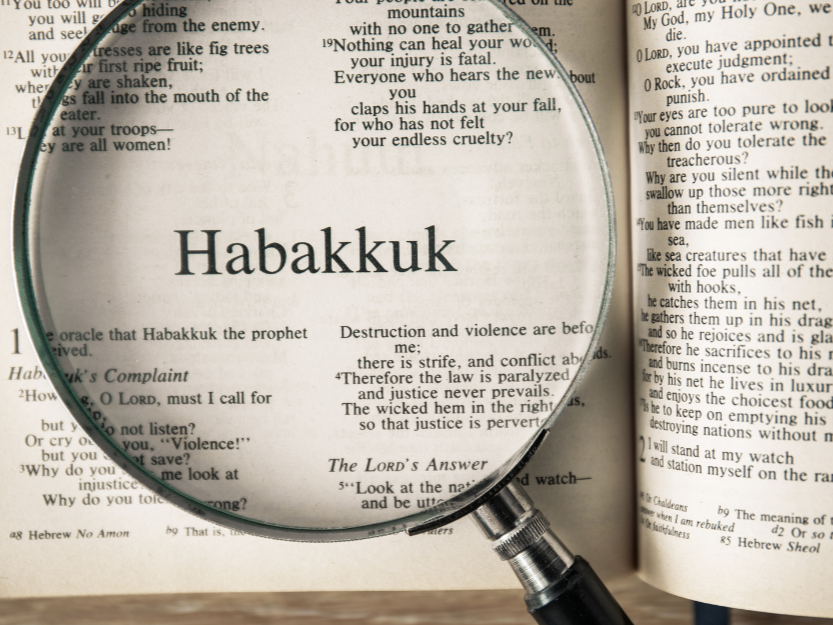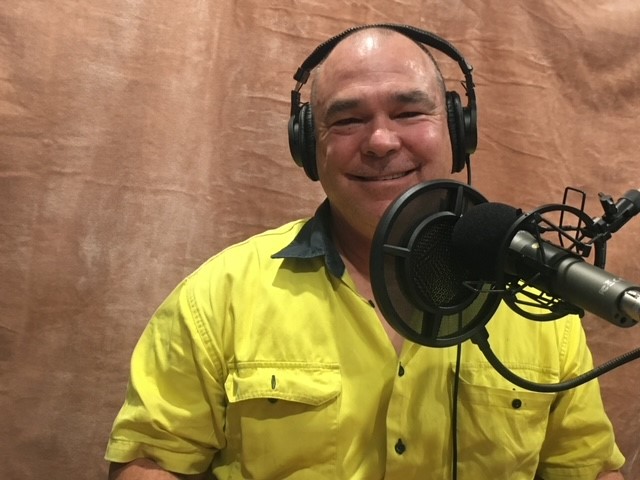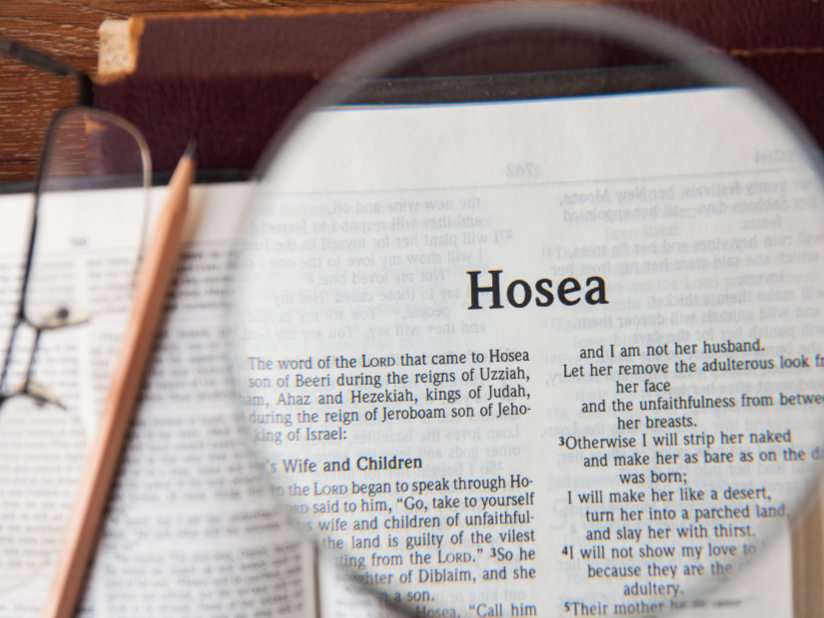
Episode 43: Hearing God when you are unsure who is speaking
Episode Description:
Have you ever been unsure if it is God who is speaking to you? Join us in this latest episode of ‘Hearing God’ as we unpack Samuel’s story in the Bible, how he initially didn’t recognise God’s voice but began to hear God, and how hearing God influenced his decision-making. The story of Samuel is an excellent reminder that we are to seek a relationship with God first and foremost, not just chase after hearing God. Relationship and intimacy with Him is what God desires.
Episode Notes:
Background of Samuel
- 1 & 2 Samuel were originally the one book. Samuel is not found in the book of 2 Samuel.
- Hannah, his mum, desperately wanted children.
- She bargained with God, “If you give me a child, I’ll give him back to you, and he will serve you all the days of his life”.
- 1 Samuel 1-7 – Hannah and the rise of Samuel as prophet and leader of Israel.
- 1 Samuel 8-31 – The downfall of Saul & the rise of David. In chapter 8 – the Israelites go to Samuel and demand a king. Samuel is distraught. He prayed to God. God replied, “They are not rejecting you. They are rejecting me.” Go first to God when you are upset.
- 1 Samuel 8, Saul is looking for lost donkeys. Let’s ask the seer where they are. Samuel hears from God that Saul will be the King. Around chapters 13-15 – Saul looks great but lacks integrity. Samuel confronts Saul and warns the Israelites that they need a King who is humble and faithful to God.
- 2 Samuel – God’s covenant with David as King.
- Samuel’s name means “I have asked of the Lord. I am listening. I am a listener.” And “God hears you.”
First Principle: God is persistent. He keeps chasing us and doesn’t give up.
- Eli, the priest, was old. The lamp had not yet gone out. Samuel positioned himself next to the ark. He lay down before the time of sleeping. He made time. God called to Samuel 3 times. Samuel keeps saying, “Here am I”, but God only speaks after Samuel shows he is willing to listen. “Speak for your servant is willing to listen.”
- Do we want to hear God’s heart?
- Are we willing to spend time chasing God? Positioning ourselves.
- Eli’s evil sons surround Samuel, but he doesn’t allow them to influence him.
- Are we allowing the evil ways of the world to affect our commitment to God and our character and purity?
Second Principle: Keep practising. Explore ways of recognising God’s voice.
- Samuel didn’t at first recognise God’s voice. Three times, he thought it was Eli.
- Ask for assistance.
- Word of caution. We can be like Samuel, worship God, serve him, and have a close presence with God, but not recognise God.
- Samuel sought wise counsel.
- Samuel learnt to distinguish God’s voice from his inner voice. 1 Samuel 8:7 The will of God over your own desires/will.
- Seek a relationship with God first, not just chase after hearing His voice. Intimacy with God is vital. Knowing the Father.
- Psalm 27:8, “My heart says of you, “Seek his face!” Your face, Lord, I will seek.”
- Episode 3, the four different voices we can hear and what God’s voice sounds like.
- Age is irrelevant to God. God has no limitations.
- If we want to hear God’s voice, we position ourselves where God is. Close physically and spiritually.
- God’s voice is personal.
Third Principle: Obey what God is telling you
- Eli’s eyes dim physically and spiritually. Eli hadn’t disciplined his sons.
- God told Samuel that everything that had been prophesied against Eli for not restraining his sons would come true – the priesthood would be taken away, and the sons would die early.
- Samuel was afraid to tell Eli. Eli was courageous enough to demand Samuel tell him. 1 Samuel 3
- 1 Samuel 15:26 God refused to speak to Saul as he had disobeyed God.
Summary:
- God is persistent. He keeps chasing us and doesn’t give up.
- Keep practising. Explore ways of recognising God’s voice.
- Obey what God is telling you
Prophetic activation:
Turn your heart and thoughts to Father God and ask Him –
- “God, how can I ‘position’ myself to hear You better, or just to know You greater / to know You more intimately?”
- “God, what would that look like?”
Time Stamps:
[0:38] – Gary & Jane share briefly how they have heard God this week.
[5:18] – Background to the story of Samuel.
[9:56] – First Principle: God is persistent. He keeps chasing us and doesn’t give up.
[13:04] – Second Principle: Keep practising. Explore ways of recognising God’s voice.
[17:00] – Seek a relationship with God first, not just hearing His voice.
[20:44] – Third Principle: Obey what God is telling you.
[22:13] – Recap the principles.
[22:55] – Prophetic activation.
[23:49] – Gary & Jane both share a prophetic word for a listener.
[25:30] – Gary prays for you.
Resources / Links Mentioned:
- Episode 3 (first thought Principle and the four voices we may hear): https://garyandjane.co/episode-3-what-does-gods-voice-sound-like/
- Episode 10 (helping our children hear from God): https://garyandjane.co/helping-our-kids-hear-from-god/
- Website: https://garyandjane.co
Bible Verses Mentioned:
- 1 & 2 Samuel (specifically chapters 1-8, and 13-15 and verses 1 Samuel 8:7, 1 Samuel 15:26 and all of 1 Samuel 3)
- Psalm 27:8
Connect with Gary & Jane:
- Visit the Hearing God podcast website https://garyandjane.co
- Email admin@garyandjane.co
- Facebook page: https://www.facebook.com/profile.php?id=100092429006234
- Instagram page: https://www.instagram.com/hearinggodpodcast/
Support the show:
- Please share this podcast with someone who would value hearing from God.
- Follow and leave a rating + review on your favourite podcast listening app.
- If God is leading your heart to donate or support the show in any way, please visit https://buymeacoffee/garyandjanM Thank you so much.




